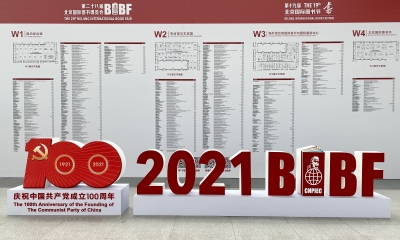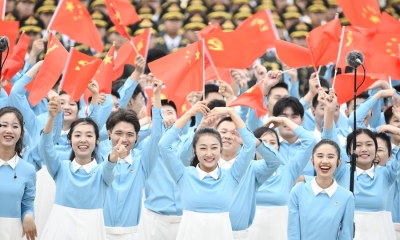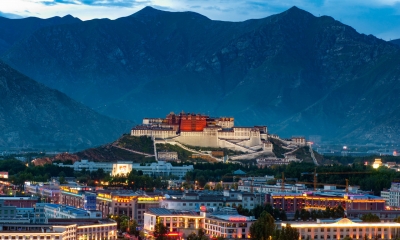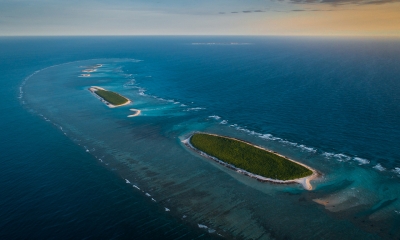Pompeo Risks Peace in Desperate Bid to Lock-in Trump Legacy
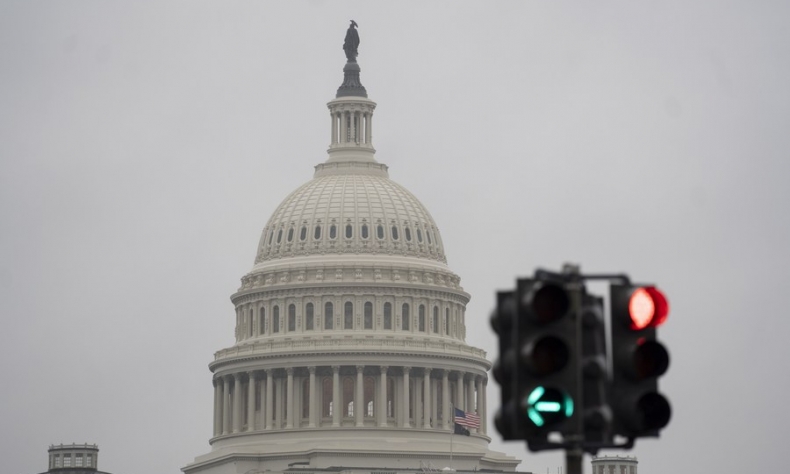
During the dying days of the Trump administration, Secretary of State Mike Pompeo tore-up four decades of U.S.-Taiwan policy. In doing so, the outgoing Trump administration placed the entire region’s peace and stability in significant danger.
Against a backdrop of deadly insurrection riots and impeachment proceedings at home, concern has been mounting over the possible actions the outgoing President may take on the international stage.
The concern is such that House Speaker Nancy Pelosi reached out to America’s top military brass regarding Trump’s access to the nation’s nuclear codes. Pelosi told colleagues that she had asked Gen. Mark Milley, chairman of the Joint Chiefs of Staff, about the safeguards to prevent the outgoing President from initiating a nuclear strike.
The four-star general is reported to have assured the House Speaker that while the president has sole authority to order a nuclear attack, precautions are in place to prevent such a scenario from happening.
With most of the world’s attention fixed on the Commander in Chief, outgoing Secretary of State Mike Pompeo used the dying days of the Trump administration to lock-in key policies. Most notably with regards to China.
Pushing boundaries
On January 9, with notably just 11 days remaining in office, Pompeo announced that the United States would abandon more than four decades of policy regarding U.S.-Taiwan relations.
The order, broadly speaking, lifts long-standing restrictions on communication, allowing for U.S. officials and service members at the highest-level to engage more closely with Taiwan. In a statement, Pompeo referred to the restrictions as “self-imposed” – established only to “appease” Beijing. “No more,” he said.
Prior to Pompeo’s abrupt announcement, the State Department had announced that the US ambassador to the United Nations, Kelly Craft, would travel to Taiwan before the administration draws to a close. The visit, which would have been the third high-level visit by a US official under Trump, did not of course go ahead. Instead, the two sides held a phone call – an act which would not otherwise have been possible had it not been for the outgoing Secretary of State.
Pompeo’s eleventh-hour move notably does not violate the “One China” policy. Rather, like many of the Trump administration’s policies on Taiwan, it is designed to pushes up against the outermost bounds of it.
The first boundary-push on the Taiwan front occurred in late 2016 when the incoming President accepted a congratulatory call from the Taiwan leader. In doing so, Trump became the first president-elect to have spoken to a leader of Taiwan since the establishment of diplomatic relations with China in 1979.
After little more than one year in office, Trump signed into law the Taiwan Travel Act, which “encourage visits between officials from the United States and Taiwan at all levels”. Beijing strongly condemned the bill, which it said, violated the “One China” principle.
J. Stapleton Roy, a former US diplomat specializing in Asian affairs and distinguished scholar, agreed with Beijing. The Taiwan Travel Act, he said, is “inconsistent with U.S. commitments in a set of agreements known as the Joint Communiques, which together with the Taiwan Relations Act provide the framework for the official relationship between Washington and Beijing.”
Since receiving the President’s approval, the legislation has been used to facilitate three high-level trips; one by Taiwan’s leader to New York, and two by high-level Washington officials to Taipei.
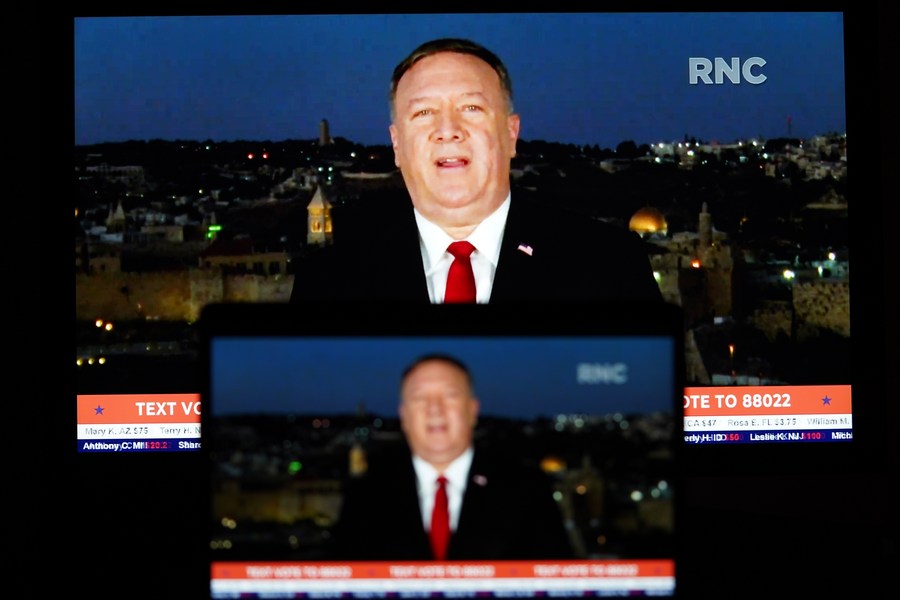
Dangerous game
Under Trump, the United States has significantly ramped up arms sales to Taiwan, delivering almost as much military hardware in dollar terms in four years as the Obama administration did in eight.
Increasing sales of sophisticated weaponry to Taiwan of course does very little to change the military balance across the Taiwan Strait. It does however signal a significant shift in US support for Taipei. Jessica Drun, a Washington D.C.-based Taiwan analyst, explained that in repeatedly treading on China’s red lines, President Trump is attempting to redraw the Unites States’ relationship with Taiwan.
“The overturning of the contact guidelines is the most recent step in an increasingly aggressive last-minute effort by the Trump administration to set precedents on how Washington interacts with Taipei,” she noted.
With each provocative step taken in Taiwan’s direction, the Trump administration has placed the region’s peace and stability in jeopardy. Worse still, the outgoing President and those around him showed full awareness of the dangers they courted.
During Trump’s official a visit to Beijing in November 2017, Chinese President Xi Jinping explicitly informed his US counterpart of the importance with which Beijing regards the Taiwan issue. “The Taiwan issue is the most important, most sensitive core issue in the China-US relationship,” Xi told Trump.
Despite the repeated calls from Beijing to pull back, Pompeo and the wider Trump cabal have pushed on. The latest move – pushed through on the eve of a new administration – serves to show that the Trump administration, cares little about maintaining peace and security, and even less about ensuring a smooth transition of power.
The article reflects the author’s opinions, and not necessarily the views of China Focus.
 Facebook
Facebook
 Twitter
Twitter
 Linkedin
Linkedin
 Google +
Google +




